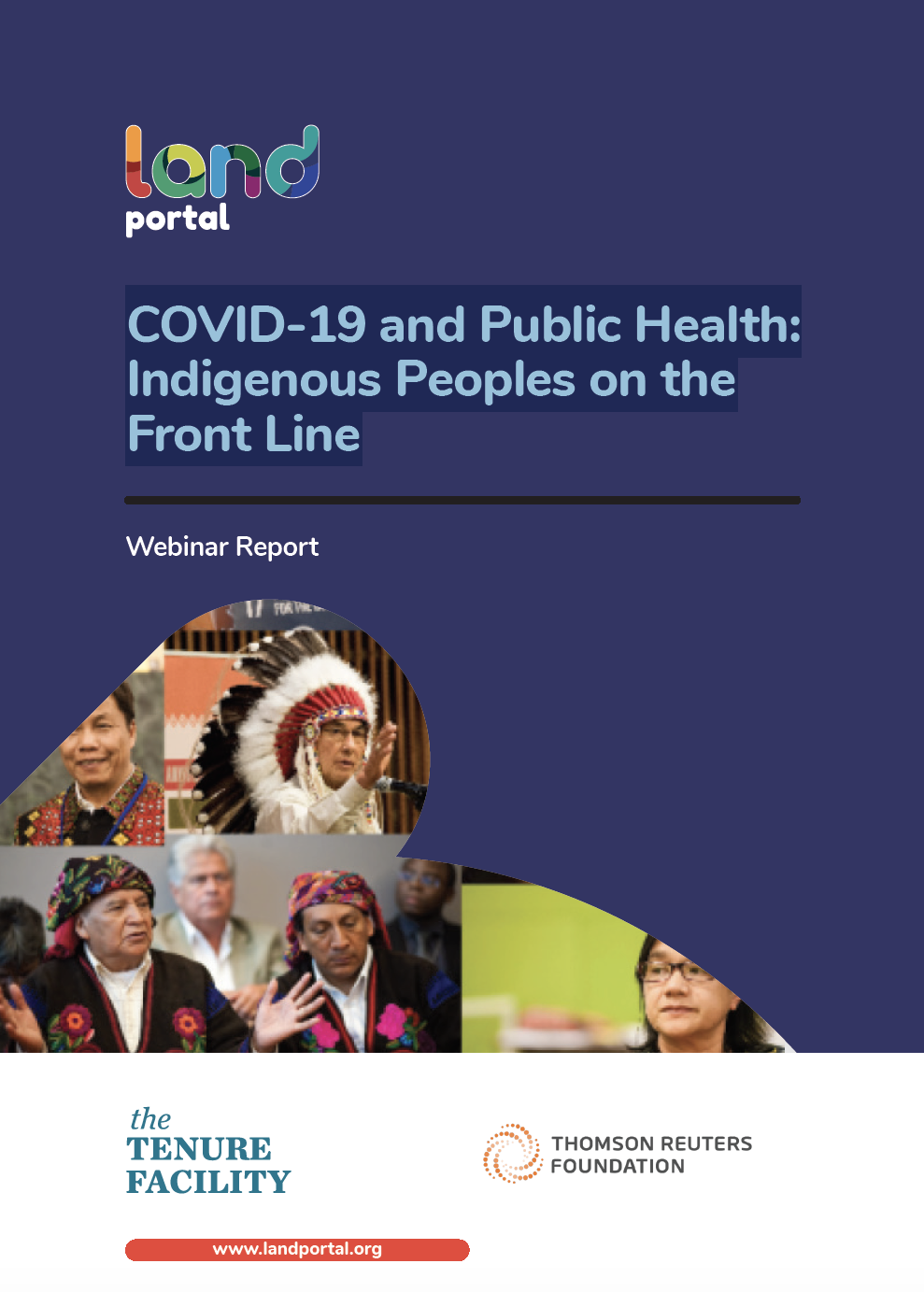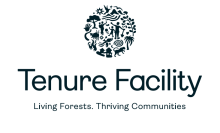Resource information
Three-quarters of emerging infectious diseases are zoonoses, meaning they can be transmitted from animals to humans, with Ebola, SARS, MERS and now COVID-19 being examples. Scientists are warning that deforestation, industrial agriculture, illegal wildlife trade, climate change and other types of environmental degradation increase the risk of future pandemics.
The COVID-19 pandemic poses a grave health threat to Indigenous Peoples around the world. Indigenous communities already experience poor access to healthcare, significantly higher rates of communicable diseases and lack of access to essential services like sanitation. Local medical facilities are often under-equipped and under-staffed. Even when Indigenous Peoples are able to access healthcare services, they can face stigma and discrimination.
This webinar discussed the connection between land rights, climate and the health of indigenous peoples -- based on the continuous evidence that the damage caused to the planet will bring more zoo-tropic diseases. Officials from the World Health Organisation (WHO), the United Nations (UN) and the World Wildlife Fund International (WWF) have directly linked the emergence of pandemics like Coronavirus to our “broken relationship with nature,” epitomized by the destruction of natural habitats and the collapse of biodiversity. They call for a shift back to ecological and ecosystem integrity, sustainable co-existence with the natural world, values which have underpinned indigenous values for centuries, making Indigenous Peoples key actors in the battle to mitigate and adapt to climate change.




